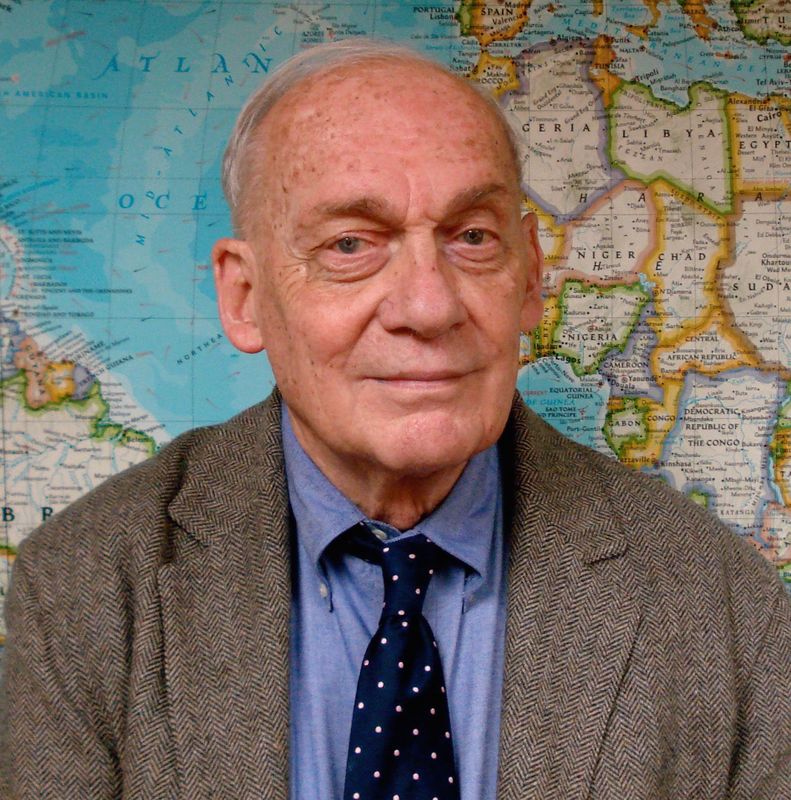By David Adams
(Reuters) - Former U.S. ambassador Robert White, who refused to cover up murders by El Salvador's death squads in the 1980s, died on Tuesday. He was 88.
During his 25-year diplomatic career with the U.S. State Department, White specialized in Latin American affairs with particular emphasis on Central America.
Born in the greater Boston area, he joined the State Department in the 1950s and served in Latin America in the 1960s, inspired by what he called U.S. President John F. Kennedy's "creative response to the revolutionary fervor then sweeping Latin America" after the 1959 Cuban revolution led by Fidel Castro.
"During my Foreign Service career, I did what I could to oppose policies that supported dictators, and closed off democratic alternatives," he wrote in an article published in the New York Times in March 2013.
In 1981, as the ambassador to El Salvador, White said he refused a demand by the secretary of state, Alexander Haig Jr., to use official channels to cover up the Salvadoran military's responsibility for the murders of four American church workers.
"I was fired and forced out of the Foreign Service," he wrote.
"We Salvadorans owe a big debt to Bob and his contribution to a more democratic and progressive El Salvador," said Alberto Arene, a Salvadoran economist and former U.S. representative during the 1980s for the FDR-FMLN, a leftist coalition that confronted the U.S.-backed government.
"He didn't stop working, reaching out, thinking, writing, giving conferences in those difficult years of the war and massive human rights violations."
Among the other posts White held were Latin America director of the Peace Corps, deputy permanent representative to the Organization of American States, and ambassador to Paraguay. After retiring from the Foreign Service in 1981, White worked at the Carnegie Endowment for International Peace before joining the Center for International Policy in 1989 and becoming its president.
A frequent critic of U.S. Latin America policy, White had an especially scathing view of U.S. policy to Cuba. "The embargo no longer serves any useful purpose (if it ever did at all); President (Barack) Obama should end it, though it would mean overcoming powerful opposition from Cuban-American lawmakers in Congress," he wrote in the article.
Shortly after Obama announced his new Cuba policy last month, White told former Reuters White House correspondent Gene Gibbons: "It's a start."

He is survived by his wife, Maryanne, brother David, three children and three grandchildren.